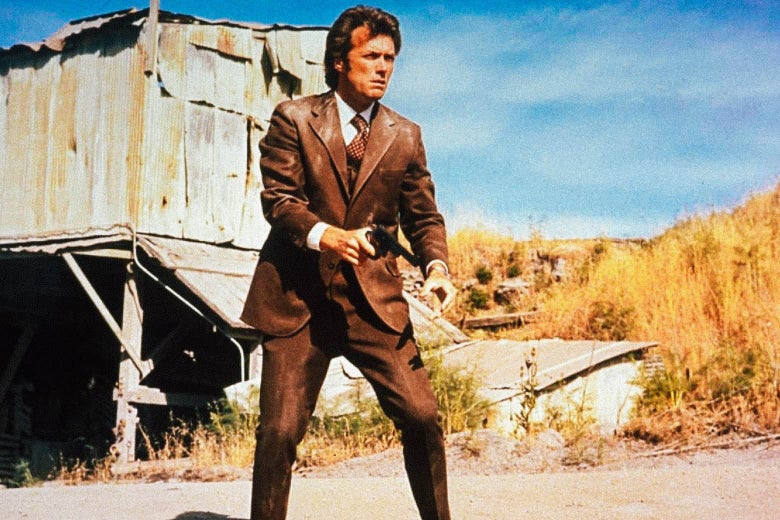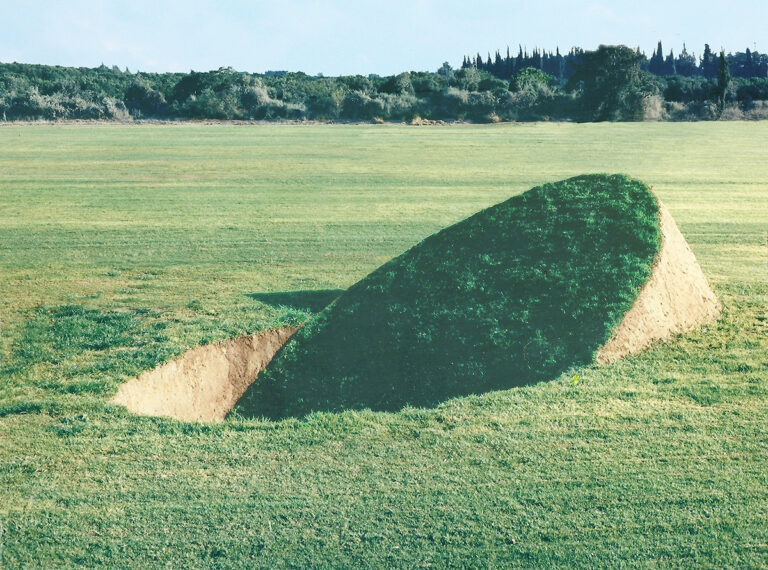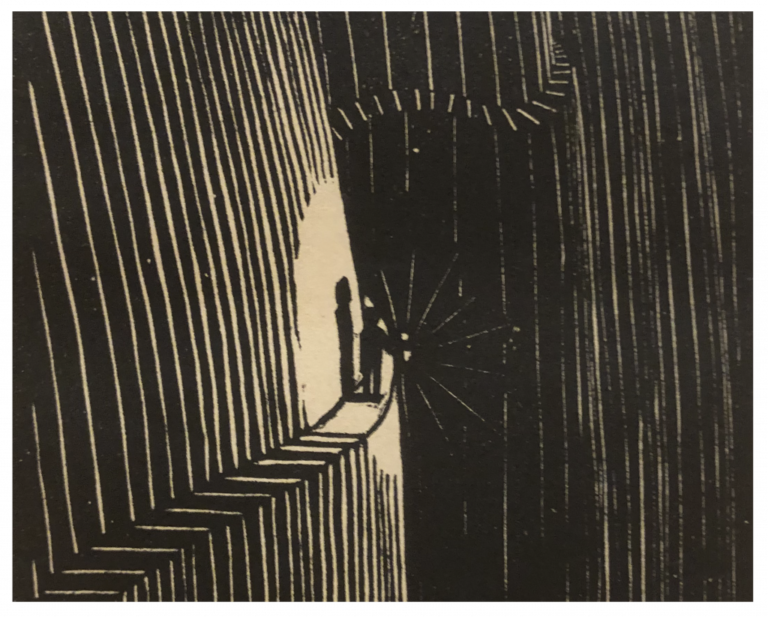Advertisement
[He] know[s] what [he is] thinking: Did he fire six shots or only five? Well, to tell [him] the truth, in all this excitement, [he has] kinda lost track [himself]. But being this is a .44 Magnum, the most powerful handgun in the world, and would blow [his] head clean off, [he has] got to ask [himself] one question: [Does he] feel lucky? Well, [does he], punk?
The Associated Press Stylebook tells people not to use brackets at all because they “cannot be transmitted over news wires.” But the AP also discourages the use of parentheses to do the job of brackets: “In general, avoid using parenthetical clarifications in quoted material. If such a clarification is needed, it’s almost always better to paraphrase.”
The Associated Press Stylebook tells people not to use brackets at all because they “cannot be transmitted over news wires.” But the AP also discourages the use of parentheses to do the job of brackets: “In general, avoid using parenthetical clarifications in quoted material. If such a clarification is needed, it’s almost always better to paraphrase.”
The Associated Press Stylebook tells people not to use brackets at all because they “cannot be transmitted over news wires.” But the AP also discourages the use of parentheses to do the job of brackets: “In general, avoid using parenthetical clarifications in quoted material. If such a clarification is needed, it’s almost always better to paraphrase.”
The Associated Press Stylebook tells people not to use brackets at all because they “cannot be transmitted over news wires.” But the AP also discourages the use of parentheses to do the job of brackets: “In general, avoid using parenthetical clarifications in quoted material. If such a clarification is needed, it’s almost always better to paraphrase.”
The Associated Press Stylebook tells people not to use brackets at all because they “cannot be transmitted over news wires.” But the AP also discourages the use of parentheses to do the job of brackets: “In general, avoid using parenthetical clarifications in quoted material. If such a clarification is needed, it’s almost always better to paraphrase.”
The Associated Press Stylebook tells people not to use brackets at all because they “cannot be transmitted over news wires.” But the AP also discourages the use of parentheses to do the job of brackets: “In general, avoid using parenthetical clarifications in quoted material. If such a clarification is needed, it’s almost always better to paraphrase.”





